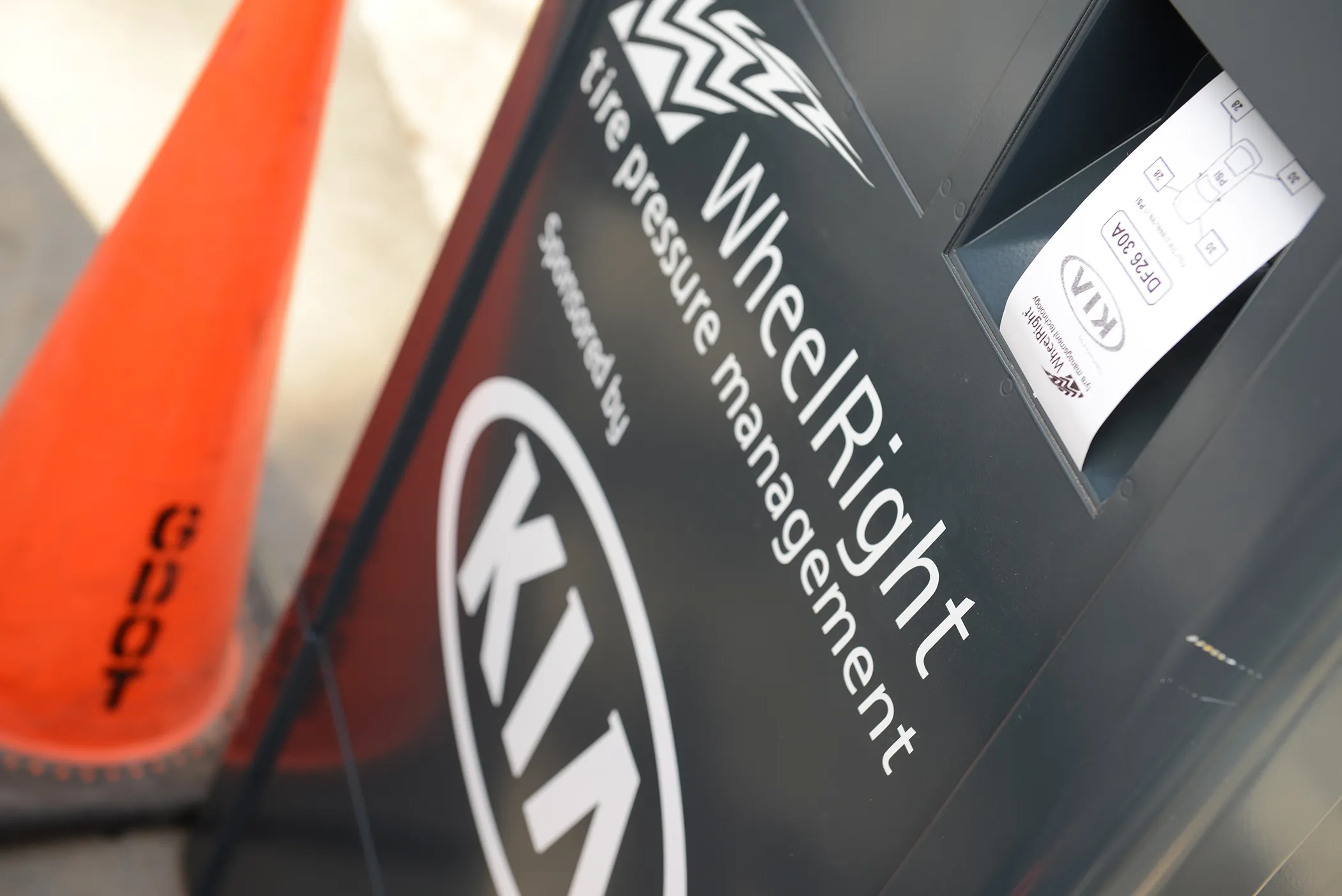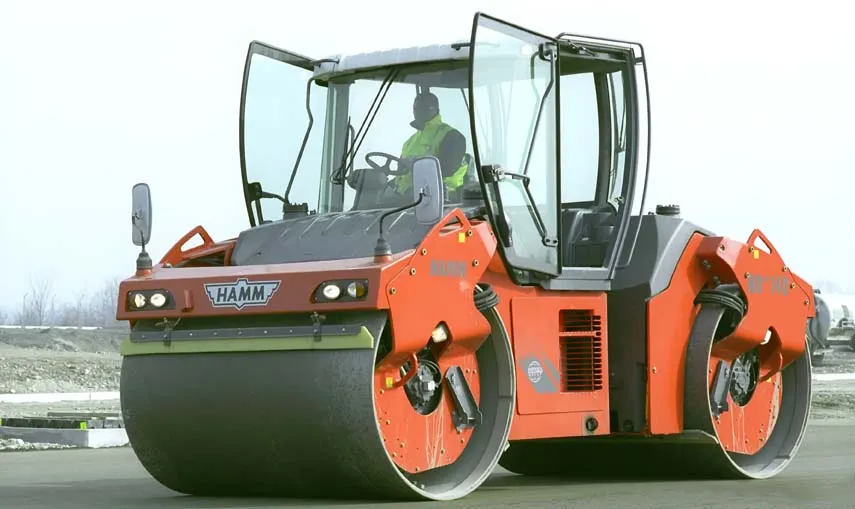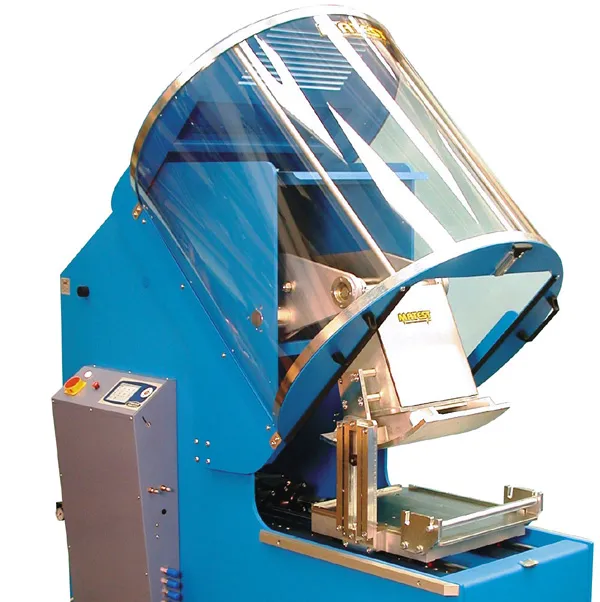
WheelRight’s cloud-based technology is one of the new generation of applications that support the use of Internet of Things (IoT) in transport infrastructures, explains Catling.
New technology such as this is about to play a huge role in the smart city revolution, helping to reduce accidents and fuel bills as well as harmful carbon and nitrous oxide emissions.
The tyre monitoring solution can be used by all makes of car, van, heavy goods vehicles (HGV) and bus. Collecting real-time data to check the tyre condition of vehicles in a city is a big data opportunity, making it ideal for smart cities.
There is nothing to fit to the vehicle. Vehicles just pass over a strip embedded in the pavement and are identified by reading the vehicle’s number plate as they approach the sensor plates on the ground. Within seconds the data has been processed and sent to the
For all other vehicles WheelRight reports the recorded pressures for each tyre that has driven over and that includes multiple axles and multiple wheels on each axle. Tread depth analysis for larger vehicles is coming, likely later this year or early 2018. Optional features that may be configured include:
- Weigh-in-Motion (WIM) which checks the load on each axle and the entire vehicle
- Tyre/wheel temperature, for pressure compensation and to identify overheating caused by a possible binding brake or failing bearing
- Tyre tread condition around the circumference of the tyre checks for tread depth and damage such as cuts or nails.









